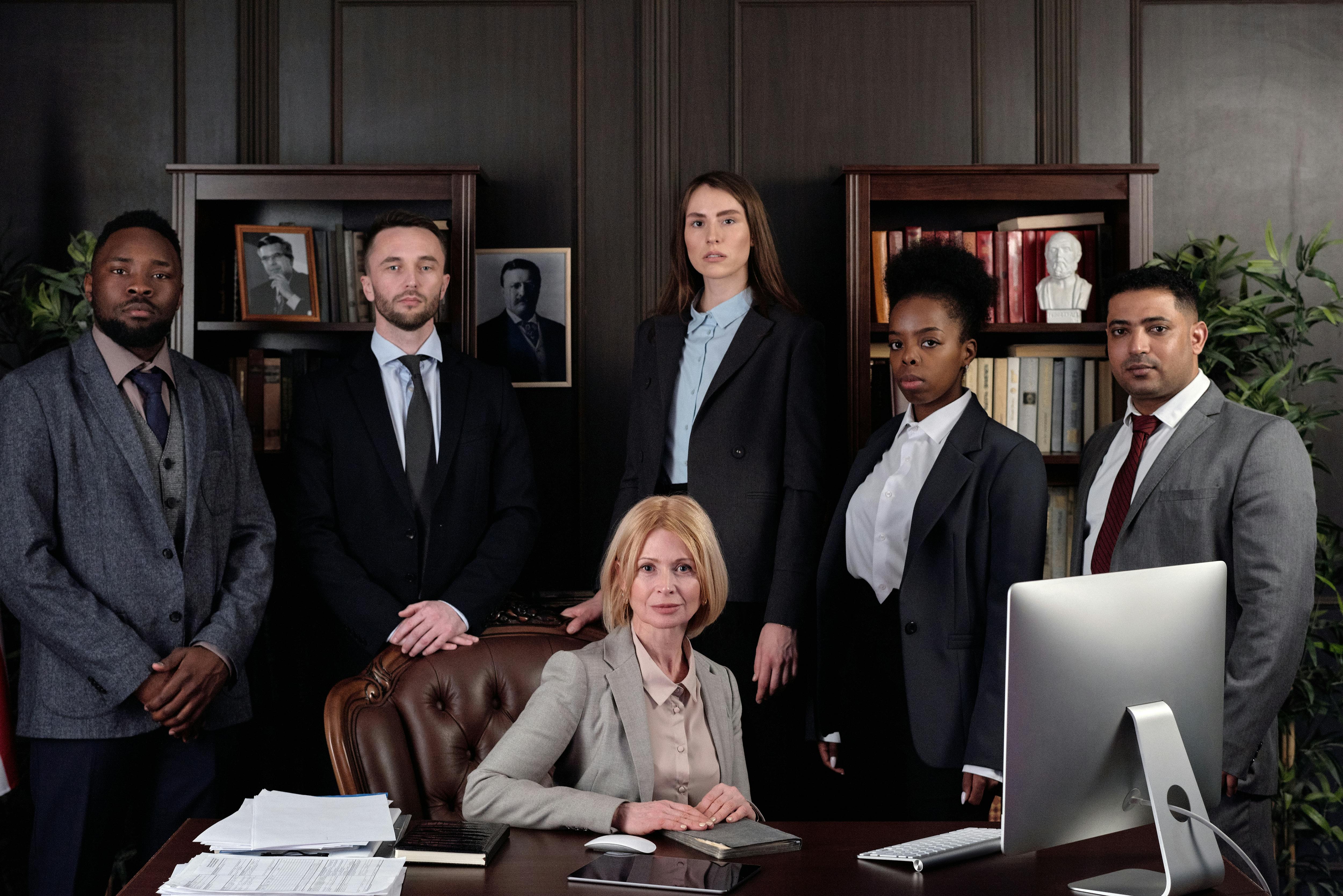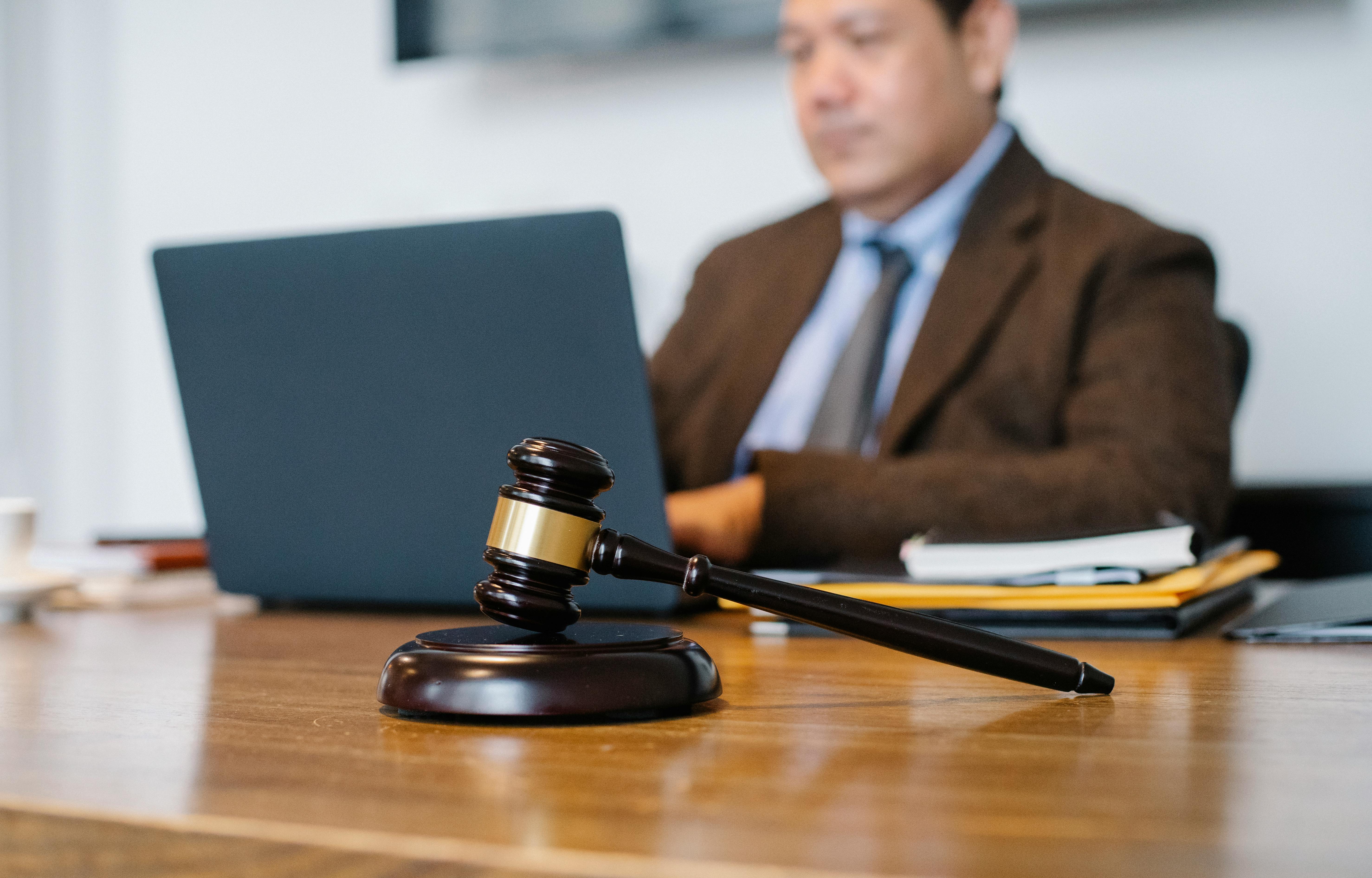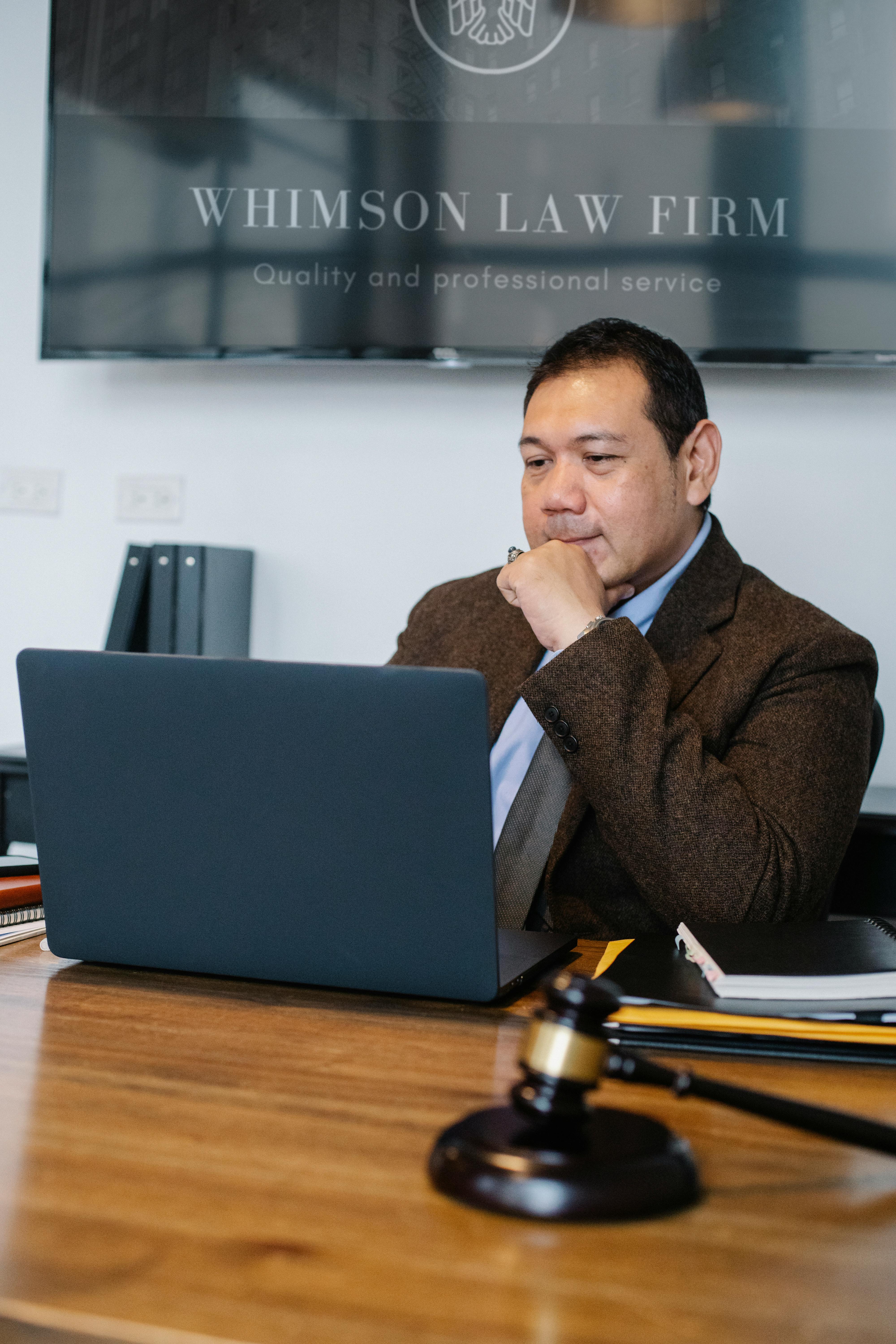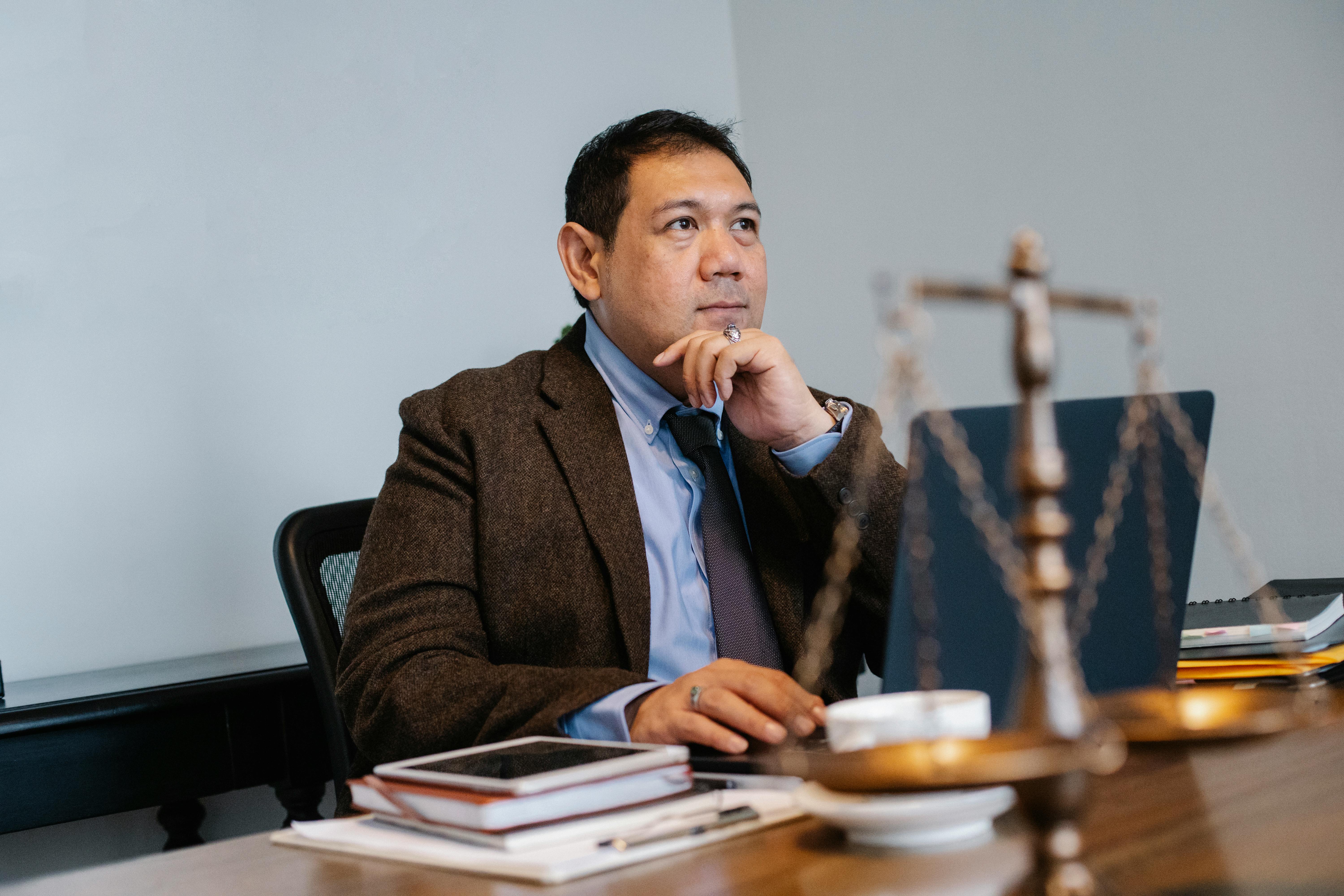Criminal Defense Attorneys: Your Rights and How They Protect You (2025 Guide)
In 2025, navigating the U.S. legal system without the right representation can be overwhelming and risky. If you are accused of a crime, a criminal defense attorney is your first line of defense. These legal professionals ensure your rights are protected and that you receive a fair trial.
What Is a Criminal Defense Attorney?
A criminal defense attorney is a lawyer who specializes in defending individuals and organizations charged with criminal activity. Their role is not only to represent you in court but also to guide you through the legal process, negotiate with prosecutors, and fight for the best possible outcome.
Why They Are Essential in 2025
- ⚖️ Protect constitutional rights such as due process and fair trial.
- 🛡️ Challenge unlawful arrests, searches, and evidence collection.
- 📑 Negotiate plea deals to reduce charges or penalties.
- 🏛️ Represent you in court with legal expertise and strategy.
Case Study: Wrongful Arrest in California
John D., a college student, was wrongfully arrested for shoplifting. His defense attorney proved surveillance footage did not match his appearance. The charges were dropped, saving him from a criminal record.

Your Rights When Facing Criminal Charges
Being accused of a crime is serious, but U.S. law guarantees fundamental rights to every defendant. A criminal defense attorney ensures these rights are respected during every stage of the process.
Key Rights You Should Know
- 🗣️ The Right to Remain Silent: You are not required to speak to police without a lawyer.
- ⚖️ The Right to Legal Counsel: You can have an attorney present during questioning and trial.
- 📑 The Right to Due Process: Fair and transparent legal proceedings.
- 🔍 The Right to Challenge Evidence: Illegally obtained evidence can be excluded from trial.
- 👩⚖️ The Right to a Jury Trial: For serious offenses, you can demand judgment by peers.
Case Study: Drug Possession in Texas
Maria S. was arrested for alleged drug possession. Her attorney proved the police search violated her Fourth Amendment rights. The evidence was dismissed, and the case was thrown out.

What Criminal Defense Attorneys Do Day-to-Day
A criminal defense attorney is not just someone who speaks in court. Their daily work involves careful investigation, negotiation, and preparation to ensure clients have the strongest defense possible.
Daily Responsibilities
- 📑 Case Review: Examining police reports, witness statements, and evidence.
- 🔍 Investigation: Hiring private investigators or experts to challenge prosecution claims.
- 📞 Client Meetings: Keeping clients informed about progress and legal strategies.
- ⚖️ Plea Negotiations: Working with prosecutors to reduce charges or sentencing.
- 🏛️ Court Representation: Arguing motions, cross-examining witnesses, and presenting defenses.
Case Study: White-Collar Crime Defense
Michael R., a finance executive, was accused of embezzlement. His attorney discovered flaws in the audit report and negotiated a reduced charge. Instead of prison, Michael received probation and fines, protecting his career and family reputation.

Types of Criminal Cases Criminal Defense Attorneys Handle
Criminal defense attorneys work across a wide range of cases, from minor infractions to serious felonies. Their expertise ensures every defendant has a fair chance in court.
Common Case Types
- 🚔 DUI/DWI Cases: Driving under the influence of alcohol or drugs.
- 💊 Drug Offenses: Possession, distribution, or trafficking charges.
- 🛍️ Theft and Burglary: Shoplifting, robbery, and property crimes.
- ⚖️ White-Collar Crimes: Fraud, embezzlement, insider trading.
- 💥 Violent Crimes: Assault, battery, manslaughter, or murder.
- 🖥️ Cybercrime: Hacking, identity theft, online scams.
Case Study: DUI in Florida
David P. was charged with DUI after a roadside stop. His attorney challenged the breathalyzer’s calibration records, leading to the case being dismissed due to unreliable evidence.

How Criminal Defense Attorneys Build a Defense Strategy
A strong defense doesn’t happen overnight. Criminal defense attorneys build strategies tailored to the unique circumstances of each case, ensuring the best possible outcome.
Steps in Building a Defense
- 🔍 Investigating Evidence: Reviewing police reports, lab results, and witness statements.
- 📑 Filing Motions: Requesting to dismiss improper charges or suppress illegally obtained evidence.
- 🗣️ Interviewing Witnesses: Finding inconsistencies in testimonies to challenge credibility.
- ⚖️ Exploring Defenses: Insanity, self-defense, alibi, or mistaken identity.
- 📉 Plea Bargains: Negotiating with prosecutors to reduce charges and penalties.
Case Study: Assault Defense in New York
Anthony K. was charged with assault after a bar fight. His attorney presented video evidence showing Anthony acted in self-defense. The charges were reduced from felony assault to a misdemeanor, avoiding prison time.

Public Defenders vs. Private Criminal Defense Attorneys
Not all criminal defense attorneys work in the same way. Defendants can either be represented by a public defender appointed by the court or hire a private attorney. Each option has advantages and drawbacks.
Public Defenders
- ✔ Provided free or at low cost to defendants who cannot afford an attorney.
- ✔ Experienced in handling a wide range of criminal cases daily.
- ❌ Often overloaded with high caseloads, limiting one-on-one time with clients.
Private Defense Attorneys
- ✔ Offer personalized attention and more resources for investigations.
- ✔ Often specialize in certain types of criminal defense (e.g., DUI, white-collar crime).
- ❌ Can be expensive, with hourly rates ranging from $150 to $700 in 2025.
Case Study: Theft Case in Illinois
Rachel M. faced shoplifting charges. With limited funds, she relied on a public defender, who helped reduce her sentence to community service. Later, she hired a private attorney for another case, and the personalized defense led to a full dismissal.

How Attorneys Protect You During Trial
Once a case goes to trial, a criminal defense attorney plays a crucial role in ensuring fairness and justice. Trials are complex, and without skilled representation, defendants face significant disadvantages.
Key Ways Attorneys Protect Clients in Court
- ⚖️ Jury Selection: Identifying potential juror biases and ensuring a fair jury.
- 🗣️ Opening & Closing Statements: Framing the narrative persuasively for the jury.
- ❓ Cross-Examination: Challenging prosecution witnesses to expose contradictions.
- 📑 Presenting Evidence: Introducing expert testimony, documents, or videos.
- 🔐 Protecting Rights: Objecting to improper questions or unlawful evidence.
Case Study: Cybercrime Trial in Virginia
Kevin L. was accused of online identity theft. His attorney brought in a cybersecurity expert who proved the evidence pointed to a hacker overseas. The jury found Kevin not guilty, saving him from a 10-year sentence.

Common Myths About Criminal Defense Attorneys
Criminal defense attorneys are often misunderstood. In reality, their role is to protect justice and uphold the Constitution, not just to “get criminals off the hook.”
Myth 1: They Only Defend Guilty People
Many defendants are innocent or face exaggerated charges. Attorneys ensure the truth comes to light.
Myth 2: They Always Try to Avoid Trial
While plea deals are common, skilled attorneys fight in court when it’s in the client’s best interest.
Myth 3: Public Defenders Aren’t Effective
Public defenders are often highly experienced but may be overworked. Effectiveness depends on caseload, not competence.
Myth 4: Hiring an Attorney Guarantees Victory
No case is guaranteed. Attorneys increase your chances of a better outcome but cannot control every factor.
Case Study: Misinformation in New York
Sarah T. believed hiring a private attorney guaranteed an acquittal. While her attorney negotiated reduced charges, Sarah still faced probation. This case highlights that attorneys improve outcomes, but they cannot guarantee results.

Challenges in Criminal Defense Law
Practicing criminal defense law in 2025 comes with significant challenges and pressures. Attorneys must balance protecting clients’ rights with navigating complex legal systems and public perception.
Key Challenges
- 📑 Heavy Caseloads: Public defenders often juggle dozens of cases at once.
- ⚖️ Bias & Stigma: Defending accused individuals can lead to public judgment.
- 🕵️ Access to Evidence: Sometimes evidence is hidden or withheld by prosecutors.
- ⏳ Lengthy Trials: Cases may drag on for months or years, exhausting resources.
- 💵 Cost of Defense: Private attorneys can be expensive, limiting access to quality defense.
Case Study: Federal Case in Washington, D.C.
Marcus J. faced federal fraud charges. His attorney spent nearly 18 months reviewing thousands of documents. While he was acquitted, the lengthy case highlighted the time and resource challenges attorneys face in complex trials.

Final Verdict: Why You Need a Criminal Defense Attorney
In 2025, criminal defense attorneys remain essential guardians of justice and fairness. Whether you are accused of a misdemeanor or a serious felony, having skilled legal representation dramatically increases your chances of a better outcome.
- ✔ Protects your constitutional rights.
- ✔ Builds strong defense strategies tailored to your case.
- ✔ Negotiates plea deals and fights for reduced penalties.
- ✔ Represents you in court with expertise and advocacy.
✅ Protect Your Rights Today
Don’t face criminal charges alone. Connect with an experienced criminal defense attorney who will fight for your freedom and future.
👉 Find a Criminal Defense Lawyer Near You and take the first step toward protecting your rights in 2025.
Sources & References
- American Bar Association – Criminal Justice Section
- National Association of Criminal Defense Lawyers
- U.S. Department of Justice – Defendant Rights
- FindLaw – Criminal Defense Attorney Roles
- Forbes – Cost of Criminal Defense Attorneys in 2025

